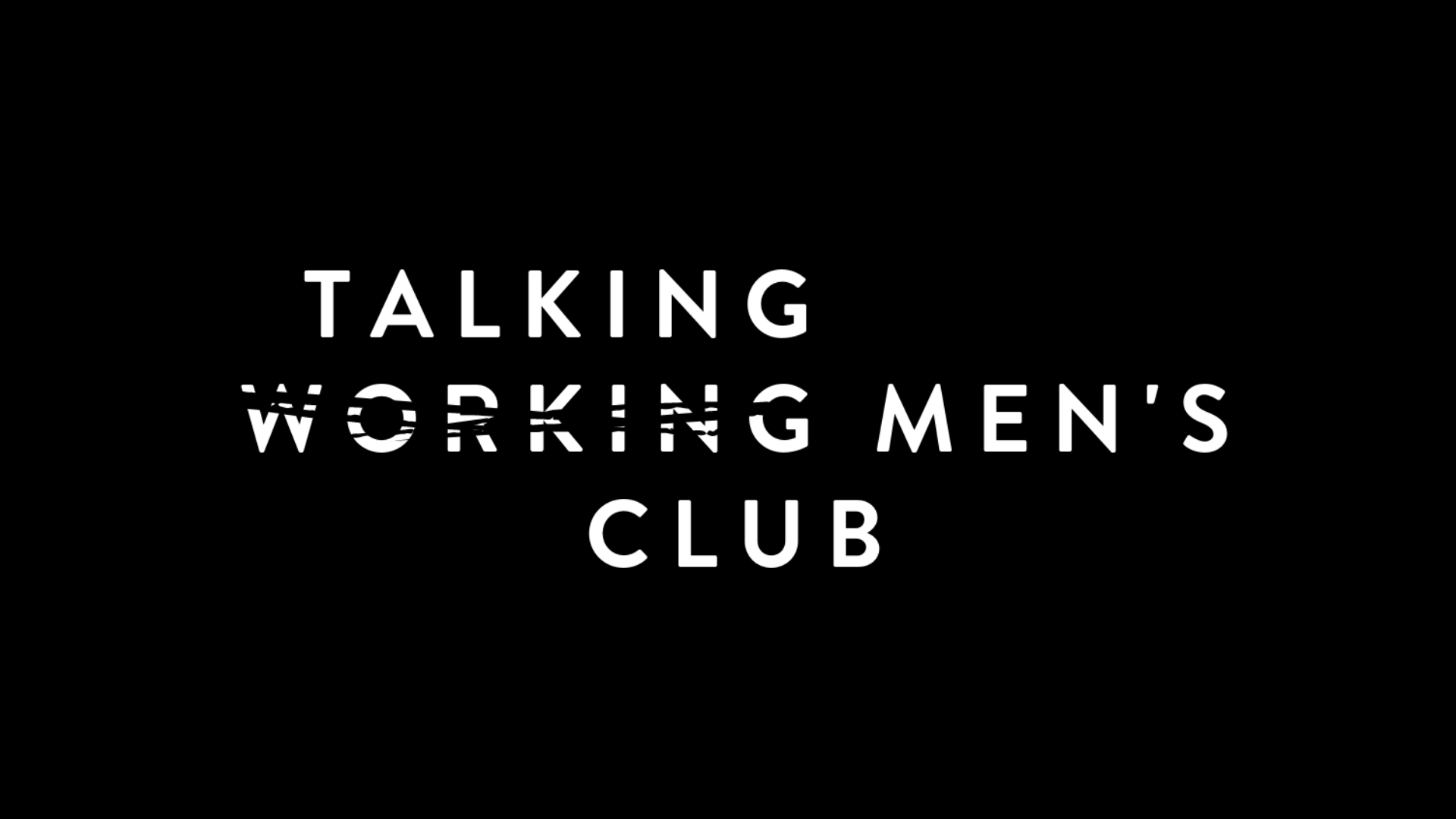
Here is the shit you will undoubtedly know already, but we are going to say it anyway, mostly because we’d be negligent not to.
Every single time a person sits in one of our therapy chairs feeling their lowest, their most out of control, their saddest, most hopeless, every single time we ourselves are lying awake anxious or overwhelmed, if we ask the basic questions – ‘Did you drink water today?’, ‘Are you sleeping?’, ‘Have you stretched?’, ‘Have you breathed fresh air?’, ‘Have you rested?’ – the answer is almost always a resounding ‘no’.
The foundations to good mental maintenance are the least sexy thing ever, but without them we are tumbleweed, floating along unanchored, tripping over our belief that we are unable to feel better. We know this stuff contributes to better mental health. So keep reminding yourself that you need to do these things, even when you feel at your worst.
In fact, it’s a priority when you feel at your worst – these things are necessary acts of self-love. They are micro-communications to yourself that you matter. They often don’t fill us with immediate joy and can feel a bit like cleaning the oven – boring as hell and unappealing – but we know we’ll feel better after.
Check in with yourself
To develop a stronger sense of how you’re feeling – and why you might be feeling that way – start with this quick morning check-in. It’s inspired by one in the brilliant Conscious Uncoupling by Katherine Woodward Thomas. Take five minutes to really notice where you’re at. You’ll find it makes it easier to do all the other stuff that improves your mental health, because you’ll be closer to what’s happening beneath the surface.
- Sit on the bed, on the floor or against a wall. Close your eyes for a minute and relax your shoulders, your forehead and your jaw. Notice your breath.
- Count your breaths in for three and out for three until you feel yourself settle down.
- You might want to position yourself in front of the mirror so that you can see yourself. Ask yourself, even speak the words aloud: ‘How do you feel my love?’ You might find it difficult to speak to yourself in this way, with a sense of real care and affection. Notice if using endearing terms like ‘my love’ or ‘darling’ to speak to yourself feels uncomfortable, cheesy even; wonder about that, or find a term that you feel is nurturing to you.
- Allow your feelings to emerge. The list might be quite long, but give them a voice and name them one by one: ‘I feel jealous, lost, angry, unsure . . . I don’t know.’
- Allow those to sink in, then ask yourself, ‘What do you need my love?’
- Allow yourself to answer: ‘I need rest, food, validation, to say something unsaid, to breathe more.’ Sometimes it doesn’t come easily and you’ll want to jump up and move away or avoid it. Try to stay with it and let what is there emerge.
- Try to find a closing affirmation that speaks to you. It might sound like: ‘You deserve all of that and more.’ ‘I am enough.’ ‘I am feeling but I am not my feelings.’ ‘Feelings come and go, they are transient, but I am here.’
This practice is really helpful in getting us closer to ourselves. It gives voice to what is inside and sets the tone for our self- worth: ‘What I feel and need matters, and is worth listening to.’



